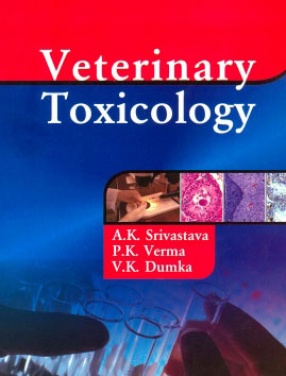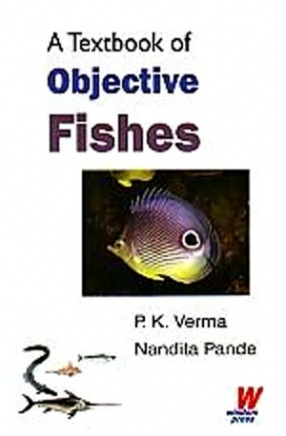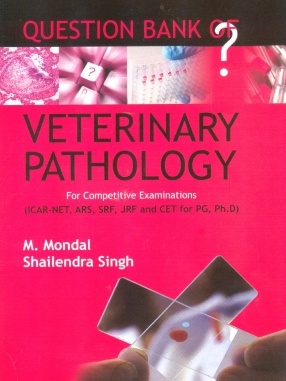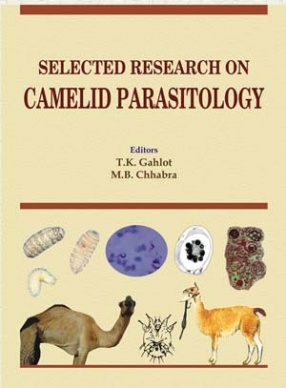Veterinary Toxicology
Toxicology is the branch of science which deals with the study of poisons, including their physicochemical properties and adverse effects on living systems, either animal, plant or microbe, diagnosis and treatment of the effects of toxicants on intoxicated organism. The term toxicology is derived from Greek word ‘Toxikon’ meaning toxic substance and logos meaning study hence it is the study of toxic effects of chemicals and other substances on living organisms Adverse effects can range from a life threatening injury to something that might be considered a minor annoyance effect. The scientific pursuit of toxicology is involves observational studies on the effects of exposure to a particular compound and mechanistic studies to understand and explain the basis for such effects. These two activities form the basis of toxicology as an experimental science. Toxicologists are involved in the evaluation of household products, medicines and the effects of incidental and occupational exposure to natural or manufactured substances and provide the most appropriate treatment during the accidental exposure. Toxicologists also determine the safety levels in foods by conducting safety studies which progress from experimental evaluation to animal studies and clinical trials. Veterinary toxicologists are valuable contributors to the development therapeutic and preventive measures of toxicosis in animal health and conduct research in new areas such as genomics and proteomics regarding protection against potential toxic chemicals.
Get it now and save 10%
BECOME A MEMBER












Bibliographic information
P K Verma
V K Dumka